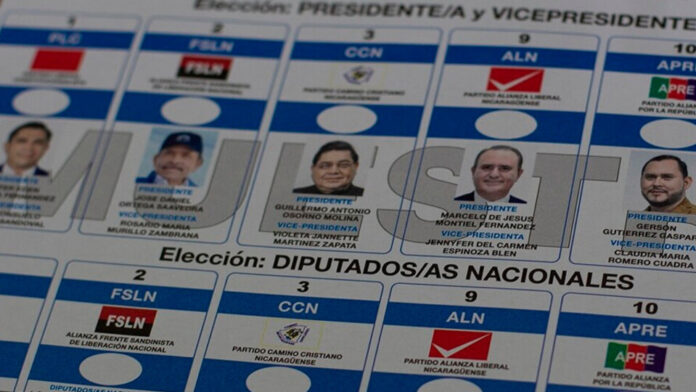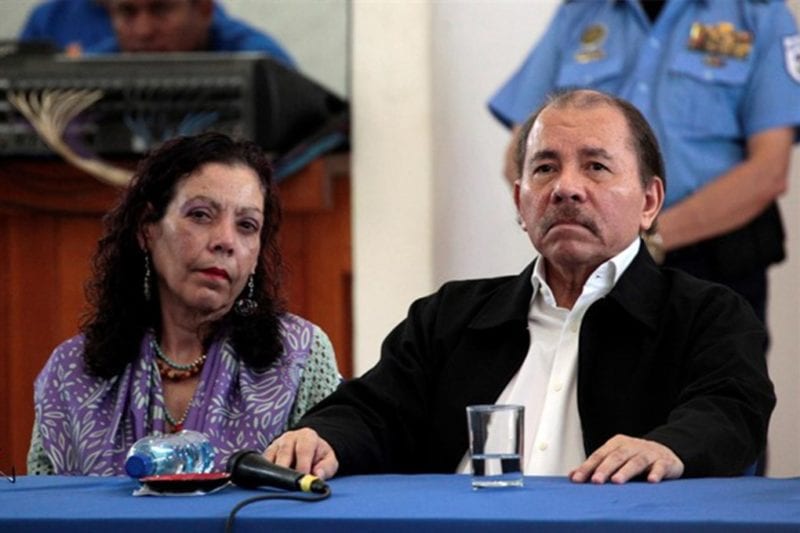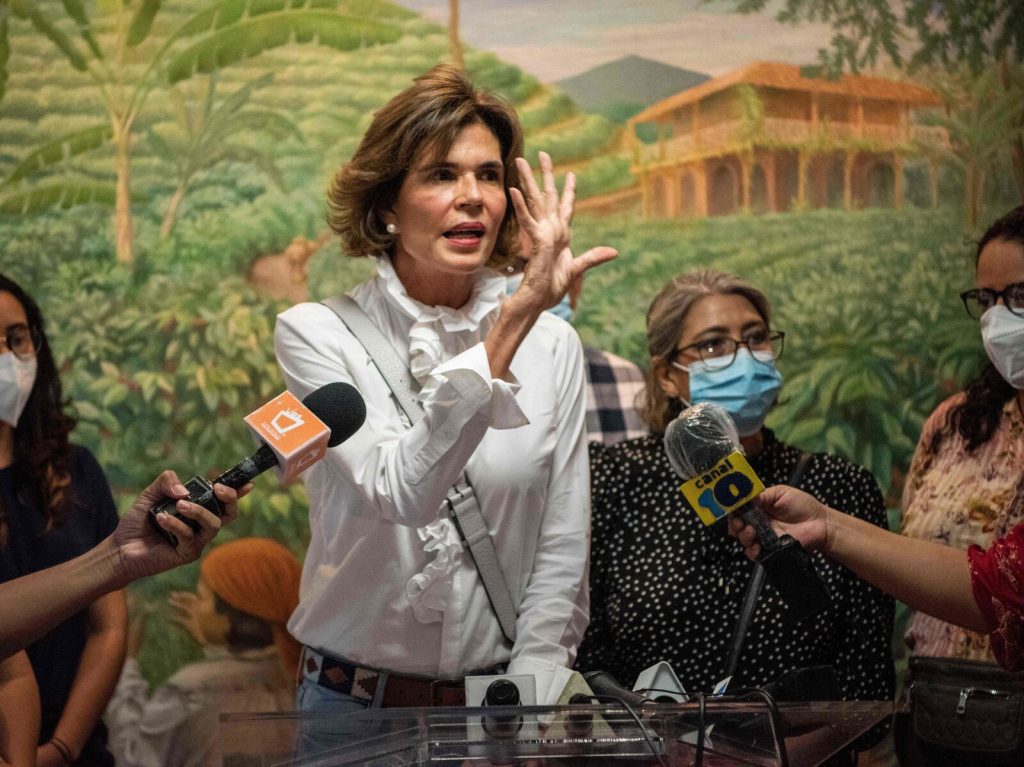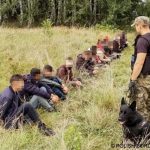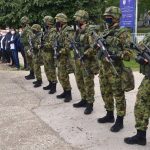November 7 will serve as a bitter reaffirmation of the Nicaraguan Ortega-Murillo regime’s desire to consolidate a dynastic dictatorship, replacing the one they overthrew in the late 1970s. No notable candidates remain in this election.
Those permitted to run hail from parties credibly accused of collaboration with the regime or those pose no threat to the regime. Besides Ortega, they are:
- Walter Espinoza. A 41-year-old Nicaragua’s Constitutional Liberal Party (PLC) militant who was elected Managua councilor in 2012 and has served as a lawmaker since 2016. Despite his solid political career, Espinoza does not enjoy much acceptance amongst voters since he ran for the upcoming elections at the last minute due to the resignation of candidate Milton Arcia.
- Mauricio Orue. A 54-year-old theologian and psychologist runs as the Independent Liberal Party (PLI) candidate. The electoral forecasts do not favor him much either due to the scandals he has been involved. In 2017, for example, the Nicaraguan Evangelical University sued for him due to massive fraud related to tuition charges in a master’s program he managed.
- Marcelo Montiel. This public notary, who runs as a Liberal Alliance Party (ALN) militant, assured that in case of his victory he would work hard to fight against the economic crisis prompted by the COVID-19.
- Guillermo Osorno. Although this pastor did not get even 4 percent of the votes in the last election, he will try to get to the presidency again. His political campaign has been peppered with criticism as Osorno placed his son at the top of the list of candidates for congress. The pastor rejected the accusations of nepotism by alleging that his relative has enough merits to be a lawmaker.
- Gerson Gutierrez. A 29-year-old lawyer runs as the youngest presidential candidate. He studied Law at Martin Luther King Nicaraguan Evangelical University and has a master’s degree in criminal law. If elected, he promised to work to strengthen public institutions.
The Ortega-Murillo regime is assured a large electoral victory.There’s no surprise and no doubt the margin of victory will be large.
Mr. Ortega is running essentially uncontested for his fourth consecutive presidential term after an unprecedented crackdown on opposition candidates and press freedom. The government frauds during elections are highly likely. A lot of foreign media was unable to get permission to cover the elections.
In addition to the presidential races, the country elects a new congress and representatives to the Central American Parliament. The victory of FSLN
ruling party is beyond any doubts.
Ortega has moved far from Sandinista ideals. Once he vowed to free Nicaragua from the shackles of a corrupt dynasty that funded its lavish lifestyle at the expense of poor Nicaraguans. However, he has appointed his family to top leadership posts, for instance, his wife, Rosario Murillo, held a vice president position. Nicaragua is the second poorest country in the western hemisphere.
Thus, Ortega’s popularity significantly declined. The country’s economy continues to struggle and Nicaragua was one of the last COVID-19 vaccines receiver in the region.
A CID-Gallup poll gave him a scare: it showed five potential opposition candidates with higher favorability ratings than Ortega. During past weeks, all five candidates were arrested, as two other potential contenders. Thus, he decided to suppress any possibility of lose the elections.
The potential opposition candidates are still jailed or placed under house arrest; their parties are banned, as Ortega faces off against a handful of little-known candidates from small parties friendly to his own Sandinista Front — factions known locally as “zancudos” or mosquitos.
The potential challengers who were arrested this year — along with two dozen other opposition and student leaders — face charges on money laundering or being financed from abroad for what essentially boils down to treason.
The government has banned massive campaign rallies under pandemic restrictions. There are no political ads on television.
Many Nicaraguans see little point in voting but express fear of repercussions in case skipping the voting.
The Roman Catholic Church, which remains a powerful institution in Nicaragua, but has been attacked by Ortega, is accused of collaborating with those who according to his words plotted the 2018 unrest. Some priests have gone so far as to urge people not to participate in the election.
Ortega maintains a hard core of support, likely, elders who remember their roots in the revolution that toppled dictator Anastasio Somoza in 1979 and sympathize Sandinista ideas. Among the reasons explaining these electoral preferences are Ortega’s achievements related to massive housing construction programs for poor families, concessional loans for the start of small businesses, the development of a comprehensive school nutrition program, and the strengthening of the national primary healthcare system.
Obviously, at this time there are no conditions in Nicaragua to conduct elections guaranteeing the exercise of these rights. The international community, multilateral organizations, and international human rights organizations have to strengthen their efforts to put an end to the human rights crisis.The authorities continue to use the criminal justice system, taking advantage of the lack of judicial independence, to subject people seen as opponents to arbitrary proceedings and imprisonment. Frequently, violations of due process and fair trial guarantees include violations of the presumption of innocence, the requirement to present a court order at the time of arrest, the right to be tried before an independent and impartial judge, the right to access detailed information about the charges against them, and the right to legal defense, freedom and confidential communication with a lawyer of their choice. The Nicaraguan judiciary’s lack of independence also means that those who are the targets of threats do not have access to any impartial authority to which they can turn to make a complaint or request protection.


